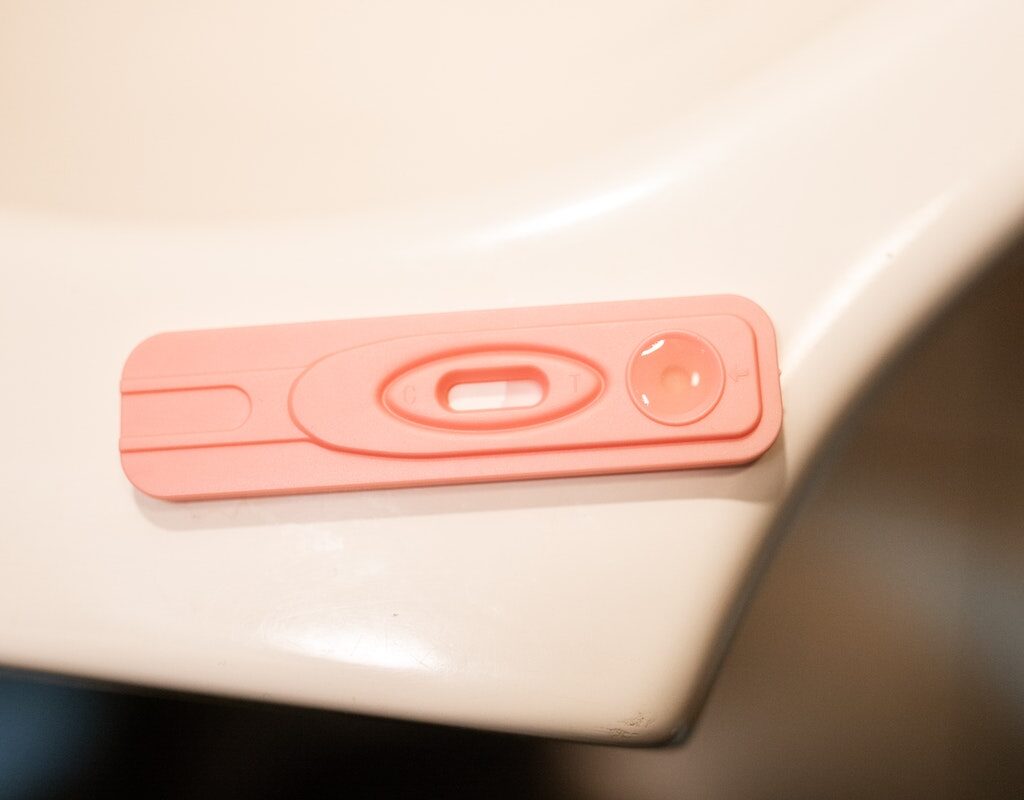If you’re trying to conceive, it’s essential to know when you should see a doctor. Many couples assume they will get pregnant as soon as they stop using contraceptives, but that’s not always the case. In fact, it can take up to a year or even longer for a healthy couple to conceive naturally. If you’ve been having unprotected sex for a year and have not conceived yet, it’s time to see a doctor. Don’t wait any longer!

Knowing how long it will take to get pregnant can be challenging. For some couples, one instance of unprotected sex is enough to conceive, while for others, it may take several months or even years. Many factors affect fertility, including age, health, and lifestyle choices. However, the most crucial factor is simply luck. Some couples will conceive very quickly, while others will have to try for longer before they are successful.
The best way to increase your chances of getting pregnant is to have regular unprotected sex. Sperm can stay alive for up to five days after ejaculation, so having sex a few days before ovulation is the best way to ensure that there are sperm waiting for the egg when it is released. Ultimately, however, there is no guaranteed timeline for conceiving. So for most couples, the best action is to relax and keep trying.
If you’ve been having unprotected sex for a year and have not conceived yet, you and your husband should see a doctor for a fertility check-up.
Factors that can affect your chances of getting pregnant

Several factors can affect your chances of getting pregnant.
- One important factor is an inflammatory disease or pelvic tuberculosis, which can damage the fallopian tubes and make it difficult for eggs to travel from the ovaries to the uterus.
- Age is another important factor; as women get older, their fertility declines.
- Diet is also thought to play a role in fertility; a diet high in processed foods and low in fresh fruits and vegetables have been linked with lower fertility rates.
- Your lifestyle and job can also affect fertility; studies have shown that women who work long hours or have stressful jobs have lower fertility rates than women who have more relaxed lifestyles.
- Your husband’s age, diet, lifestyle and job.
- Heavy smoking and drinking.
- How often you have sex.
All of these factors need to be considered when trying to conceive.
What can we do to get pregnant faster?

If you’re hoping to get pregnant, you may wonder what you can do to help increase your chances. You can do a few things to improve your general fertility and increase the likelihood of getting pregnant.
- First, have unprotected sex every few days throughout your cycle. This will help ensure that you’re timing intercourse correctly with ovulation.
- Second, take steps to improve your and your husband’s overall health. Eating a healthy diet, exercising regularly, and managing stress can improve fertility.
- Pinpoint exactly when in your menstrual cycle you’re ovulating and have sex around that time.
- Finally, see a fertility specialist if you’ve been trying to conceive for more than a year without success. They can help determine if any underlying medical conditions are preventing pregnancy. By taking these steps, you’ll be giving yourself the best chance possible of getting pregnant quickly.
How to identify your ovulation?

- One of the simplest ways to identify your ovulation is to keep track of changes in your cervical mucus. Around the time of ovulation, you may notice that your cervical mucus becomes thinner, clearer, and more slippery. These changes are caused by an increase in estrogen, which peaks just before ovulation.
- Measuring your basal body temperature is another way to track ovulation. Your body temperature rises slightly before and during ovulation due to increased progesterone.
- Measuring the hormone levels in your urine or saliva using an ovulation predictor kit (OPK).
- Tracking these changes over time can help you to predict when you are likely to ovulate in the future. By keeping track of changes in your cervical mucus and basal body temperature, you can get a better sense of when you are most fertile and increase your chances of getting pregnant.
Ovulation predictor kit (OPK)
When trying to conceive, many couples track the woman’s ovulation cycle in order to time intercourse correctly. One way to do this is by using an ovulation predictor kit (OPK). OPKs work by testing the presence of the luteinizing hormone (LH) in the urine. LH surges about 24-36 hours before ovulation, so couples can use OPKs to help pinpoint the woman’s most fertile days.
Although OPKs are generally accurate, they can be affected by factors such as medications, stress, and illness. As a result, it’s essential to use them correctly and consult with a doctor if you’re having difficulty conceiving. With proper use, however, ovulation predictor kits can be helpful for couples trying to conceive.
If you’ve been trying to conceive without success, make an appointment to see a doctor today. They can help you figure out what’s happening and get you one step closer to achieving your dream of becoming a parent. Thanks for reading😊

